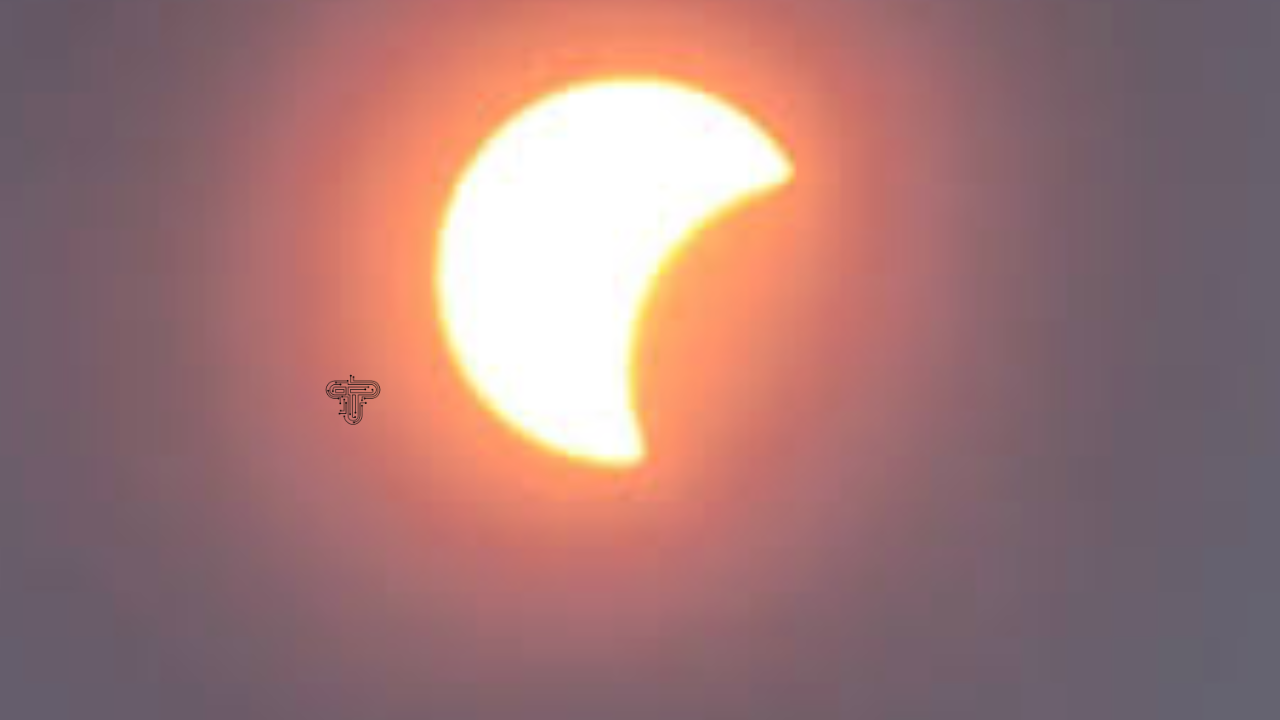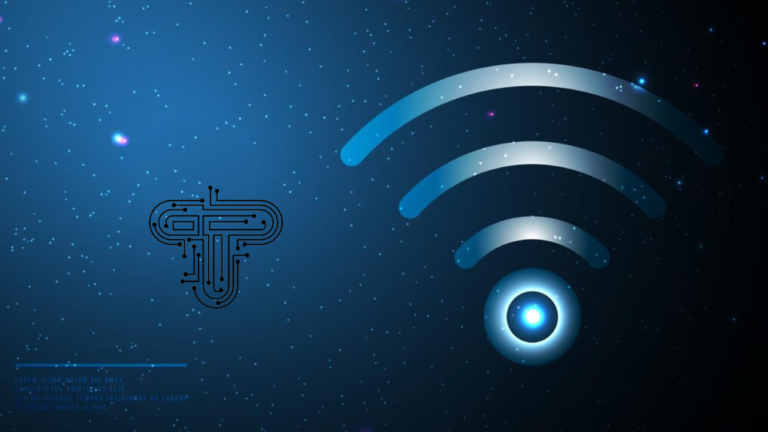Solar Eclipse 2024: A Spectacular View in Florida

On April 8, 2024, a remarkable celestial event will grace the skies of North America—a total solar eclipse. While the path of totality will not traverse Florida, residents and visitors in the Sunshine State will still have the opportunity to witness a significant partial solar eclipse. This article delves into the specifics of the solar eclipse 2024 Florida, offering insights into viewing times, safety precautions, and the science behind this awe-inspiring phenomenon.
Understanding Solar Eclipses
A solar eclipse occurs when the Moon passes between the Earth and the Sun, casting a shadow on Earth and temporarily obscuring the Sun’s light. There are three primary types of solar eclipses:
- Total Solar Eclipse: When the Moon completely covers the Sun, as observed from a specific area on Earth, there is a brief period of darkness during daylight hours.
- Partial Solar Eclipse: Only a portion of the Sun is obscured by the Moon, resulting in a crescent-shaped Sun.
- Annular Solar Eclipse: The Moon covers the center of the Sun, leaving a visible ring, often referred to as a “ring of fire.”
The 2024 event is a total solar eclipse; however, Florida will experience it as a partial eclipse.
The Path of Totality
The path of totality—the narrow region where observers witness the Moon entirely covering the Sun—will stretch across parts of Mexico, the United States, and Canada. In the U.S., the path will begin in Texas and move northeastward through states including Oklahoma, Arkansas, Missouri, Illinois, Indiana, Ohio, Pennsylvania, New York, Vermont, New Hampshire, and Maine. Major cities such as Dallas, Indianapolis, Cleveland, and Buffalo will experience totality.
Viewing the Eclipse in Florida
Although Florida lies outside the path of totality, residents will still witness a substantial partial eclipse. The extent of the Sun’s obscuration will vary across the state, with northern regions experiencing greater coverage than southern areas.
For instance, at the peak of the eclipse, approximately 64% of the Sun will be obscured in Jacksonville. About 57% coverage is expected in Orlando, while Miami will see around 46% obscuration.
Eclipse Timing Across Florida
The timing of the eclipse will differ slightly depending on your location within Florida. Below are approximate times for key cities:
- Jacksonville:
- Start: 1:47 PM EDT
- Maximum: 3:05 PM EDT
- End: 4:19 PM EDT
- Orlando:
- Start: 1:46 PM EDT
- Maximum: 3:03 PM EDT
- End: 4:17 PM EDT
- Miami:
- Start: 1:47 PM EDT
- Maximum: 3:01 PM EDT
- End: 4:13 PM EDT
These times are approximate and may vary slightly based on your exact location.
Safety Precautions for Viewing
Observing a solar eclipse requires proper eye protection to prevent serious eye damage. Looking directly at the Sun, even during a partial eclipse, can cause permanent eye injury. To safely view the eclipse:
- Use Certified Eclipse Glasses: Ensure your eclipse glasses meet the ISO 12312-2 international safety standard.
- Avoid Homemade Filters: Do not use sunglasses, cameras, telescopes, or binoculars without appropriate solar filters.
- Pinhole Projectors: Create a simple pinhole projector to view the eclipse indirectly.
Remember, the only time it’s safe to look at the Sun without protection is during totality, which will not occur in Florida during this eclipse.
Weather Considerations
Clear skies are essential for optimal eclipse viewing. April weather in Florida can be unpredictable, with cloud cover or rain possibilities. It’s advisable to monitor local weather forecasts as the date approaches and have alternative viewing plans if inclement weather is expected.
Historical Context
Florida has experienced several notable solar eclipses in the past. The most recent total solar eclipse visible from Florida occurred on March 7, 1970. The next total solar eclipse visible from Florida is anticipated on August 12, 2045.
Engaging with the Eclipse
Many educational institutions, astronomy clubs, and science centers across Florida are expected to host events and viewing parties for the 2024 eclipse. These gatherings often provide safe viewing equipment, educational materials, and expert commentary, enhancing the overall experience.
Read More
Conclusion
The April 8, 2024, solar eclipse presents a unique opportunity for Floridians to witness a significant partial eclipse. Residents and visitors can fully appreciate this celestial spectacle by understanding the timing, taking necessary safety precautions, and engaging with local events. Whether you’re an avid astronomy enthusiast or a casual observer, the solar eclipse 2024 Florida is an event not to be missed.






